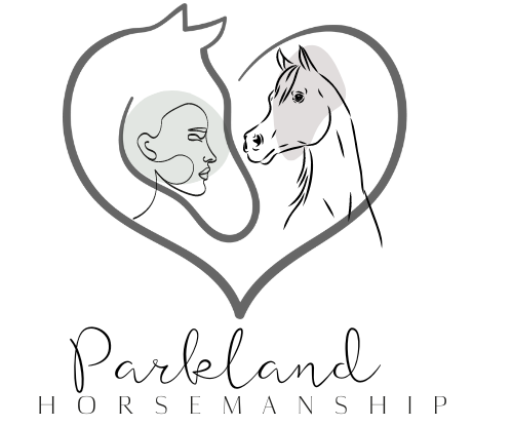Equine-facilitated psychotherapy (EFP) is an emerging approach to treating complex trauma that centers on attachment and attunement as core concepts.
Working with horses provides clients with a non-threatening way to develop trust in their relationships and expand it throughout their lives, ultimately helping them find inner peace.
Trauma-Informed Therapy
Trauma-informed therapy is a client-centric approach that acknowledges the widespread effects of trauma and prioritizes creating safe environments for clients. It moves away from asking “What’s wrong with you?” towards exploring “What has happened to you?”
Therapists trained in trauma-informed practices are trained professionals with knowledge about cultural considerations that impact treatment and how traumatic stimuli affect them, and understand common responses such as hypervigilance, dissociation, emotional avoidance or suppression as indicators of client distress.
Therapists using a trauma-informed approach emphasize emotional availability, teaching clients that it’s safe to express emotions and learn self-regulation skills. Therapists in this approach also recognize how trauma affects relationships and communities, so work to improve those dynamics as well. It goes beyond client services alone – creating a caring and supportive environment not only benefits clients, but staff as well. This can prevent burnout, decrease staff turnover rates, and lead to improved care outcomes overall for all patients.
Body-Mind Connection
Mind and body are inextricably intertwined, each impacting the other in different ways. Mental health issues may have an enormous effect on physical well-being – nausea, anxiety, high blood pressure or shaking may occur as a result. Physical difficulties may also have an emotional toll that alters our sense of hope or relationships with others.
Trauma can cause people to experience a range of emotions, such as anger, fear, sadness and shame. Some individuals may find it hard to identify these feelings; believing they indicate some sort of disorder (e.g. “going crazy”) rather than accepting that their responses indicate distress.
As such, nature therapy and outdoor activities such as therapeutic outdoor activities can have multiple psychological benefits while strengthening the mind-body connection and decreasing experiences of depression. That is why comprehensive treatments that include both psychological and physical healing approaches are necessary for a full recovery from any condition.
Self-Awareness & Insight
Elevating self-awareness provides greater control of life choices. Self-aware individuals not only understand their own emotions and behavior, but can also understand how these affect others.
Individuals experiencing trauma often struggle to identify their emotions for various reasons. Some may fear that by acknowledging feelings they increase the risk of Post Traumatic Stress Disorder (PTSD), making them seem unstable or crazy; or have been taught not to express them due to previous experiences that taught them not to do so.
However, there are tools that can assist in developing self-awareness! One effective approach for building it is through 360 Feedback such as our platform Insights Discovery Full Circle. This gives leaders an accurate depiction of themselves and how they interact with those around them.
Self-Regulation
Horses can help teach trust while also reinvigorating our ability to connect with others. Horses naturally mirror emotions and energies from those they interact with, providing people a mirror image of their true selves – something trauma survivors can use as a first step towards healing and finding inner peace.
Encourage Non-Verbal Communication
Verbalizing emotions is often difficult for trauma survivors, so Equine therapy provides a safe space where clients can form bonds with horses through gestures and body language without using words to build rapport with them. Over time, clients can generalize these relational skills into interactions with friends and family members.
Our therapists are experienced professionals with expertise in both equine-facilitated psychotherapy and the complex effects of trauma, working closely with each client to develop an individual treatment plan that incorporates horse therapy with wider trauma recovery goals.

